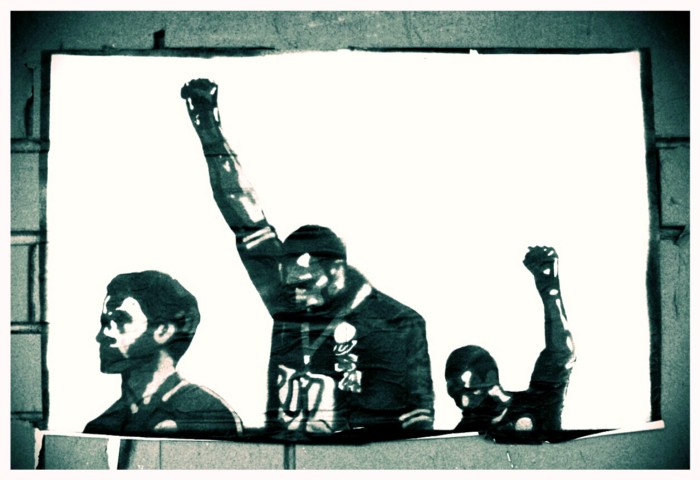1619 was so evil, it needs it own word. “Maafa” means “Great Disaster” in Swahili. Some African Studies scholars think we should be using it.

In 1988, Marimba Ani wrote Let the Circle Be Unbroken: The Implications of African Spirituality in the Diaspora. The book introduced the idea of using a special Swahili word to describe the transatlantic trade in enslaved Africans.
“Maafa” means “The Great Disaster, terrible occurrence, tragedy”.
Many African and African-American scholars and historians, such as Marimba Ani and Sylviane Diouf, consider the term “transatlantic slave trade” deeply racist and dehumanizing. Referring to the forcible enslavement and mass genocide of African peoples as a “trade”- that is reducing it to a mere commercial enterprise- is rejected by these authorities, and with good reason.
They have an excellent point: Words matter.
Should we really have euphemisms for such atrocities? And if we are to have such euphemisms, certainly they should be more like our other euphemisms for crimes against humanity: Genocide, ethnic cleansing, mass murder, human trafficking.
Every word of “transatlantic slave trade” is a problem. Describing the commercial route is burying the moral atrocity; referring to the sufferers of these barbaric acts as “slaves” defies reason and humanity.
As scholars have pointed out, there are other reasons to adopt a special term to describe 1619.
Maafa isn’t just a word used by obscure African Studies scholars to describe events around 1619, but all the centuries which came later. The term Maafa encompasses everything including colonialism, segregation, mass incarceration, and other forms of oppression suffered by the descendants of African people forcibly enslaved after 1619.
There is also the context of the Maafa to consider; African peoples were the original architects of the modern world, the founders of the first advanced civilizations, pioneers in engineering, mathematics and science.
African-American history stretches much, much further back than 1619. The term Maafa helps supply that important historical context.
For guidance on how to rename the events of 1619, let’s consider the way people of Jewish ancestry and faith traditions and Jewish scholars treat the subject of the Holocaust.
Now, as the seminal writer Bari Weiss and many others have rightly pointed out, comparisons to the Holocaust are problematic because the Holocaust was a singular evil, as indeed it was.
From the depths of their experience in the Holocaust, however, Jewish people gave the world a model as it pertains to an ancient, proud and noble people who have suffered an intentional, multi-generational loss of profound magnitude- and survived.
In processing that cultural loss- from preserving memories, however terrible, to prosecuting the perpetrators of war crimes and other acts of restorative justice, no matter how overdue- the Jewish people have become an example other peoples who have suffered catastrophic losses might follow.
The Holocaust can remain a singular evil while we allow that terrible crimes have been perpetuated against other peoples throughout modern history and in antiquity.
The Jewish people faithfully preserve their memories of the Holocaust for a number of important reasons. One of those reasons is so that nothing like that can ever happen again. Another reason is to help Jewish people process the grief of the Holocaust and its aftermath, which persists to this very day.
The transatlantic trade in forcibly enslaved humans was a terrible evil perpetrated against African peoples. The forcible enslavement and murder of untold numbers of African people- men, women, and children- whereupon they were taken away by ship, never to be seen in their country again, should have its own name.
Why shouldn’t we know this name? We know what Jewish people call the Holocaust, with good reason. The word “Holocaust” invokes an emotional response, as it should. We know what the word means because we have been educated about it. We have been educated about it because it is important.
Public education in the U.S. should include the Swahili name for the mass genocide and enslavement of African peoples in 1619 for the same reason.
It is also important to note that Jewish people don’t start, or end, their history with the Holocaust. Beginning the Jewish story in 1939, wouldn’t give a very adequate explanation of Jewish history. It is important to understand the Holocaust- the unspeakable evil it truly was and the ramifications which persist to this day, like geographic displacement and entire lost sections of social and family histories.
It is also important to understand the Holocaust in the context of the rest of Jewish history. To define the Jewish people solely on the basis of the Holocaust would be a great disservice to the many contributions Jewish people and Jewish societies have made to the world in all the many years before the Holocaust, and all the not-so-many years since.
Likewise, describing the events of 1619 as the Maafa adds the historical context of a terrible disaster in the history of a great people. “Transatlantic slave trade” is a ship’s manifest of route, commodity, and reason. It must be dispensed with.
This Black History Month, let’s banish the phrase from the modern vernacular. If we adopt the term Maafa, the word can someday convey properly the crime against humanity which occurred in 1619. The term “transatlantic slave trade” never will.
(contributing writer, Brooke Bell)